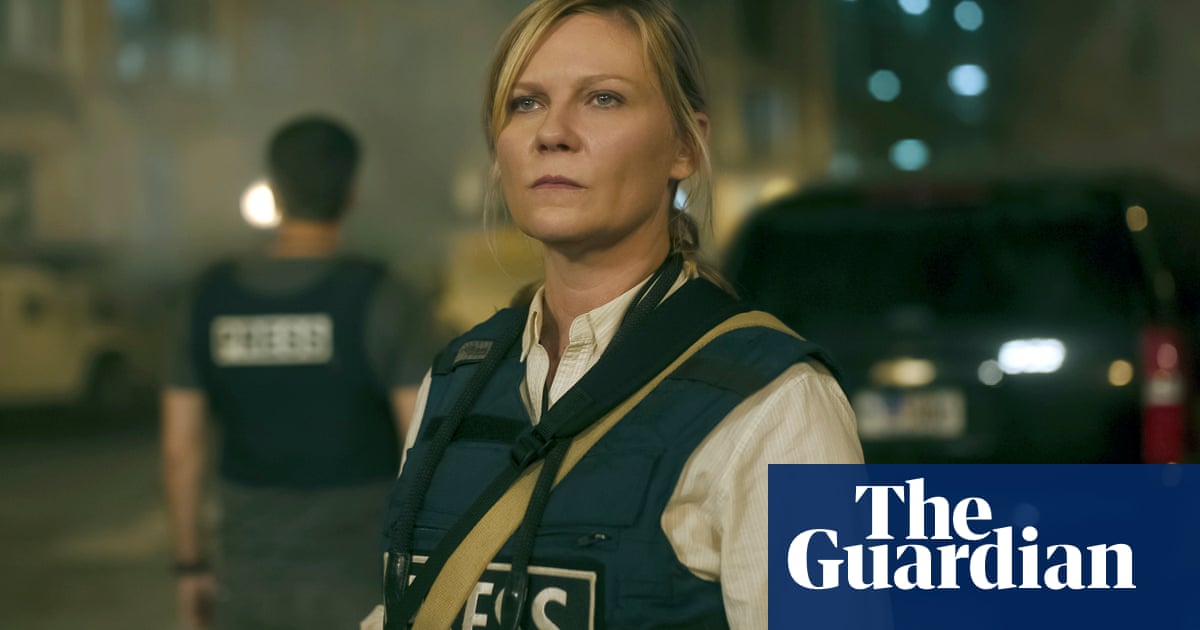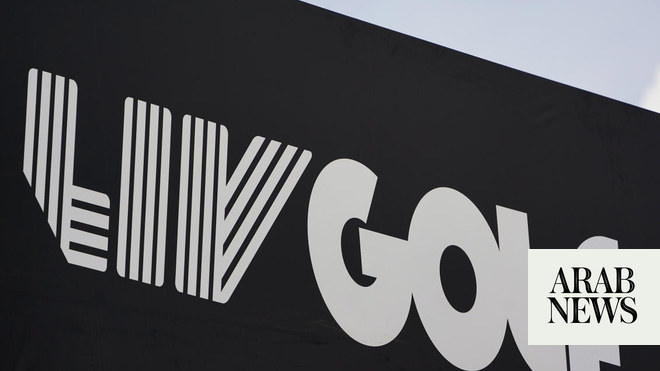
Ethiopia’s warring sides have formally agreed to a permanent cessation of hostilities, an African Union special envoy said on Wednesday, bringing hope of an imminent end to a two-year war that has displaced millions and threatened to destabilise a swath of the continent.
Nigeria’s former president Olusegun Obasanjo, in the first briefing on the peace talks in Pretoria, South Africa’s administrative capital, also said Ethiopia’s government and Tigray authorities had agreed on an “orderly, smooth and coordinated disarmament”.
In a statement released Wednesday evening, Abiy Ahmed, Ethiopia’s prime minister, described the agreement as “monumental”. He said: “Our commitment to peace remains steadfast and our commitment to collaborating for the implementation of the agreement is equally strong.”
Abiy added that he wanted to thank “the brave members” of the Ethiopian national defence forces and “the courageous people of this nation that stood a testing period”.
Representatives of the Ethiopian government and a team sent by the Tigray People’s Liberation Front (TPLF), a political organisation that has ruled the northern region for decades, have spent almost 10 days together in South Africa in the most serious effort yet to find a negotiated solution to the war.
An earlier truce broke down in August and violence has intensified as both sides have sought success on the battlefield to strengthen their negotiating position.
Other key points in the new agreement included restoration of law and order, Obasanjo said, as well as restoration of services and unhindered access to humanitarian supplies.
The removal of all obstacles to the transport of food and medicine into Tigray would be seen as a breakthrough by many observers. Tigray’s six million inhabitants have suffered under a blockade since the beginning of the war, with limited humanitarian aid.
The UN said this month that the conflict was inflicting an “utterly staggering” toll on civilians, while António Guterres, the UN secretary general, has described the conflict’s “devastating impact on civilians in what is already a dire humanitarian situation”.
Redwan Hussein, the lead negotiator for Ethiopia’s government, said: “It is now for all of us to honour this agreement.” His Tigrayan counterpart, Getachew Reda, agreed, and noted that “painful concessions” had been made.
Various advances and retreats have occurred in the war on both sides. There have been bloody battles, drone strikes, alleged ethnic cleansing and a series of atrocities committed by all combatants. “The level of destruction is immense,” Redwan said.
A critical question is how soon aid can return to Tigray, whose communications and transport links have been largely severed since the conflict began. Doctors have described running out of basic medicines such as vaccines, insulin and therapeutic food, while people die of easily preventable diseases and starvation. UN human rights investigators said the Ethiopian government was using “starvation of civilians” as a weapon of war.
“We’re back to 18th-century surgery,” a surgeon at the region’s main hospital, Fasika Amdeslasie, told health experts at an online event on Wednesday. “It’s like an open-air prison.”
The true death toll in the conflict is unknown but could be approaching levels that would make the conflict one of the most lethal anywhere in the world. With no access for independent journalists and a limited presence of international humanitarians, reliable data is scarce. Some estimate that hundreds of thousands could have died through the fighting and blockade. Others put the number in the tens of thousands, including combatants.
The Ethiopian government accuses the TPLF, which played a leading role in the country’s ruling coalition until 2018, of trying to reassert Tigrayan dominance over the entire country. Tigrayan leaders accuse the Ethiopian prime minister of repressive government and discrimination. Both deny each other’s accusations.
Eritrea, which has fought alongside neighbouring Ethiopia, was not part of the peace talks, an omission that analysts have said could seriously undermine prospects for a permanent end to hostilities. The authoritarian regime in power in Eritrea has long considered Tigray authorities a threat and has not yet reacted formally to the agreement.
Eritrean forces have been blamed for some of the conflict’s worst abuses, including gang rapes, and witnesses have described killings and lootings by Eritrean forces even during the peace talks.
Forces from Ethiopia’s neighbouring Amhara region also have been fighting Tigray ones, and are not represented at the peace talks either. “Amharas cannot be expected to abide by any outcome of a negotiations process from which they think they are excluded,” said Tewodrose Tirfe, chair of the Amhara Association of America.












